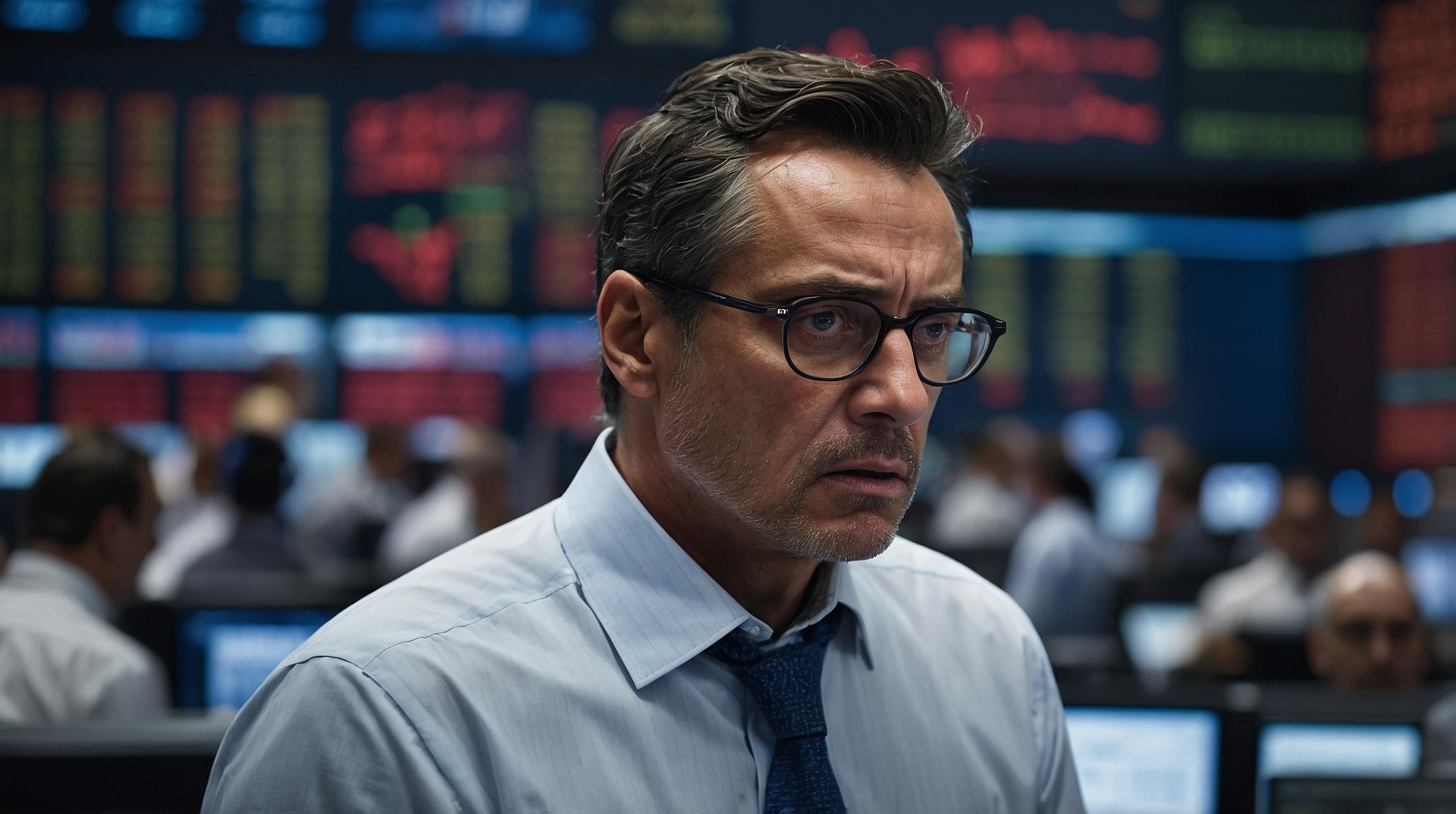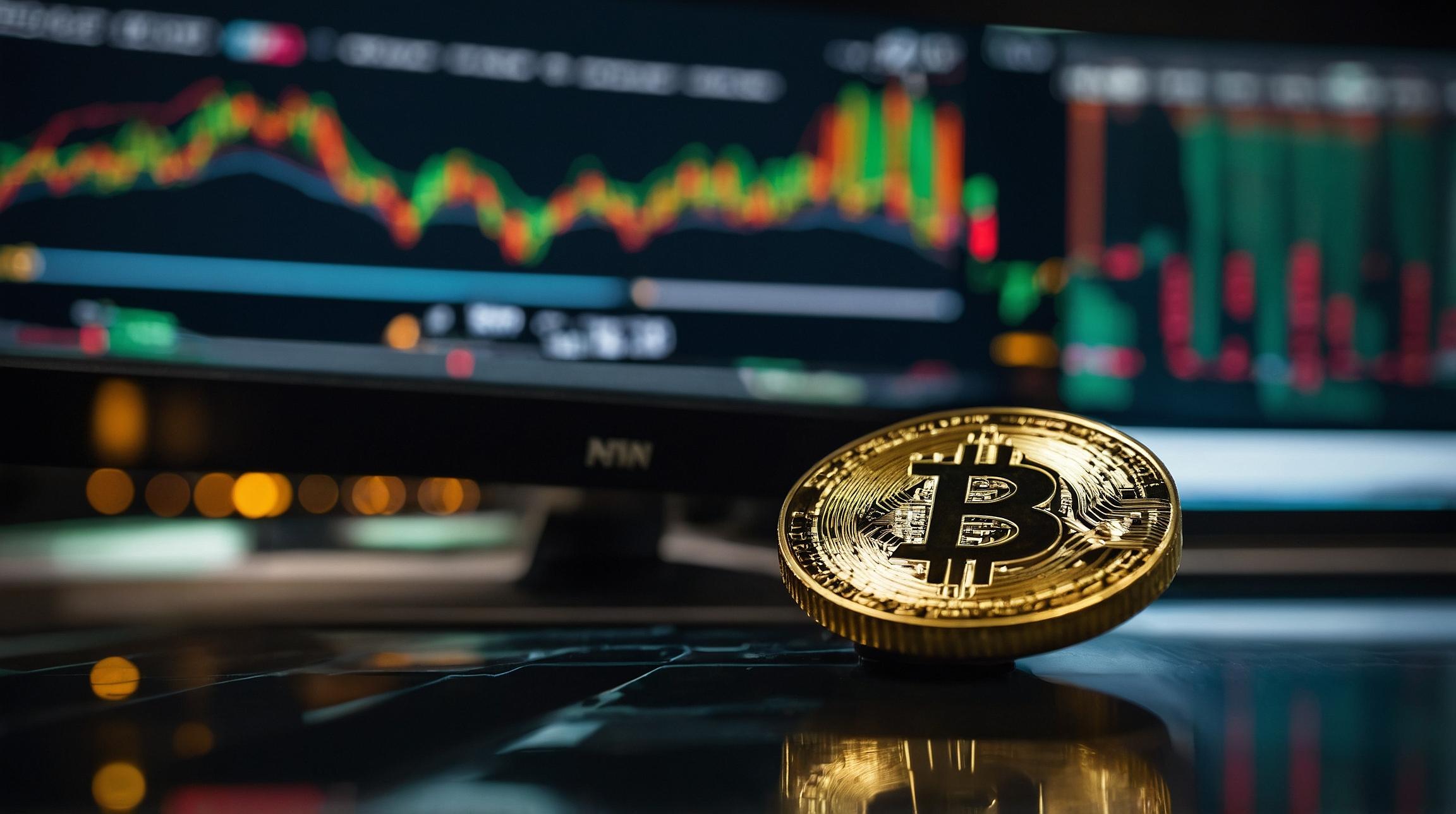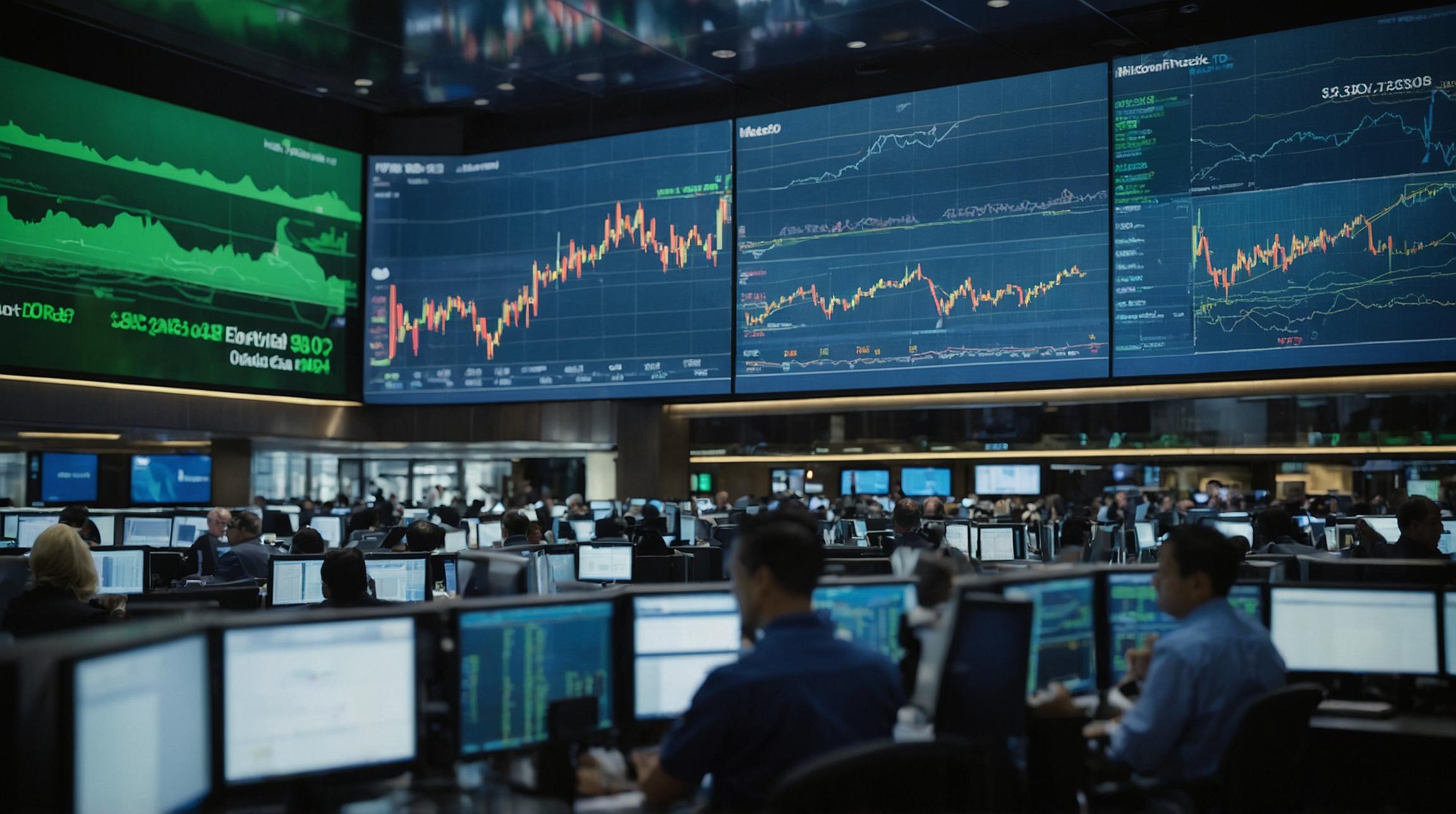Political Uncertainty Continues to Challenge Eurozone Equities, Analysts Assert
JPMorgan analysts see political uncertainty as a major obstacle for Eurozone equities, despite some positive signs. Recently, Eurozone equities steadied in the first and second quarters but dropped sharply due to heightened political uncertainty in France.
Stronger Fundamentals in the Eurozone
Even though the fundamentals in the Eurozone are looking better than in the U.S., with a positive stance from China and the European Central Bank (ECB) easing monetary policy, analysts advise against immediate investment.
- Fundamentals: Basic conditions and factors, like economic indicators, that influence the health of an economy or business.
- Monetary Policy: Regulation of the money supply and interest rates by a central bank. For instance, lowering interest rates to encourage borrowing.
Attractive Valuations but Not Oversold
Valuations are looking attractive, meaning stocks are priced reasonably or cheaply. However, Eurozone stocks haven’t hit "oversold territory," which means their prices haven’t fallen to levels that would typically trigger buyer interest due to inherent value.
Upcoming French Elections Crucial
The critical factor for Eurozone stocks is the visibility of the political landscape, particularly upcoming elections in France.
JPMorgan doesn't consider the French political situation a "game changer" but does note near-term risks. Analysts suggest that France's political party RN might gain more votes than anticipated, potentially leading to more aggressive fiscal policies.
- Fiscal Easing: Government measures to increase spending or cut taxes to boost the economy.
- Political Landscape: The current situation and future outlook of politics in a given country or region.
Cautious Short-Term Outlook
Analysts believe there may be a good time to invest in the Eurozone in the second half of the year. However, they currently recommend staying cautious due to the high risk of further declines and no clear signs of stabilizing (no capitulation).
Focus on Defensive Sectors and Growth Stocks
- Defensive Sectors: Industry sectors that tend to remain stable regardless of the economic cycle, like utilities, healthcare, or consumer goods.
- Growth Stocks: Shares in companies expected to grow at an above-average rate compared to other companies. For example, tech firms.
Analysts favor defensive sectors and suggest being cautious about consumer-related stocks. They also believe growth stocks will perform better than value stocks, which are generally considered undervalued based on their financial fundamentals.
In summary, while there are positive factors in the Eurozone economy, the current political uncertainty—especially due to the upcoming French elections—makes it wise to hold off on investments for now. Analysts suggest waiting for clearer signs of stability and improved political visibility before jumping in.













